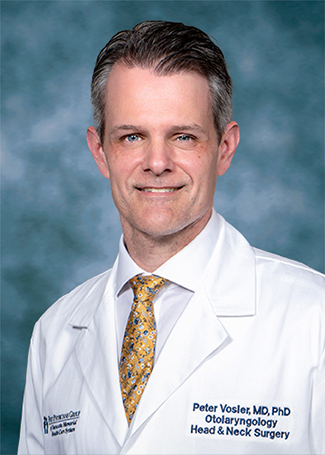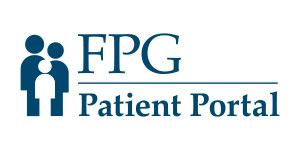Sarasota Memorial unveiled the latest generation da Vinci robot this month — the da Vinci-SP, a versatile and high-performance single-port surgical system that allows robotic surgeons to perform complex surgery through a single incision, or natural opening without any incisions at all.
Like Intuitive Surgical’s multi-port robots, the da Vinci SP (single port) robot is equipped with a 3D camera and robotic controlled instruments, but the surgical tools are deployed through a single-port robotic arm rather than three or four robotic arms on the multi-port da Vinci robotic surgical systems.
Currently, the da Vinci SP is FDA-approved for urologic and transoral surgery, which SMH robotic surgeons will use to perform prostatectomies and other urologic procedures through a minimally invasive half-inch incision, as well as incision-less procedures performed through natural openings of the mouth and throat, such as tonsillectomies and removal of cancers of the mouth and tongue. Clinical trials are under way to expand the use of the SP robot in colorectal surgery applications.
“Single-port robotic surgery allows us to take the precision and benefits of robotic surgery to the next level, making it even less invasive by performing through a single incision or natural opening of the body,” said Peter Vosler, MD, a robotic head and neck cancer surgeon who recently joined Sarasota Memorial’s surgical oncology team and First Physicians Group.
Vosler and two urologic surgeons on Sarasota Memorial’s Brian D. Jellison Cancer Institute team – Daniel Kaplon, MD, and Matthew Perry, MD – underwent training to use the single-port system for robotic kidney, bladder, and prostate surgery.
SMH and FPG colorectal surgeon Sam Agarwal, MD is among a limited number of colon and rectal surgeons internationally with advanced training utilizing the SP robot. “The SP robot advances the spectrum of minimally invasive colorectal surgery even further,” he said. Under Agarwal’s leadership, SMH colorectal surgery specialists plan to use the SP robot for transanal endoluminal resection and transabdominal procedures.
As with other da Vinci procedures, surgeons control the robotic arms and surgical tools remotely from a computerized console stationed a few feet from the operating table. Using its high-definition camera and multi-jointed instruments, the da Vinci surgical system scales, filters and translates the surgeon’s hand and wrist motions into precise movements that can cut, stitch, and resect diseased tissue and organs. The system’s 3D camera is a fully articulating flexible endoscope, which allows physicians to see above, below and around the targeted area during a procedure. It provides magnification 10 times that of the naked eye, while the 360-degree rotation of the wristed instruments offers a full range of motion not possible with the human hand.
With six dedicated robotic surgery suites and one of the largest and most experienced robotic surgery teams in the nation, SMH offers the widest range of specialized robotic surgeries in the region, from general surgery and gynecological and urological procedures, to bariatric, colorectal, gastrointestinal, heart, thoracic and cancer surgery.
For many patients, minimally invasive da Vinci surgery means significantly less pain and scarring, less blood loss, reduced risk of infection, shorter hospital stays, a much quicker recovery and faster return to normal daily activities compared to conventional open surgery. Most patients go home within a day or two following their procedure, and return to their normal routines within 1-2 weeks.
For a more information on minimally invasive colon and rectal surgery, hear from Dr. Agarwal:


